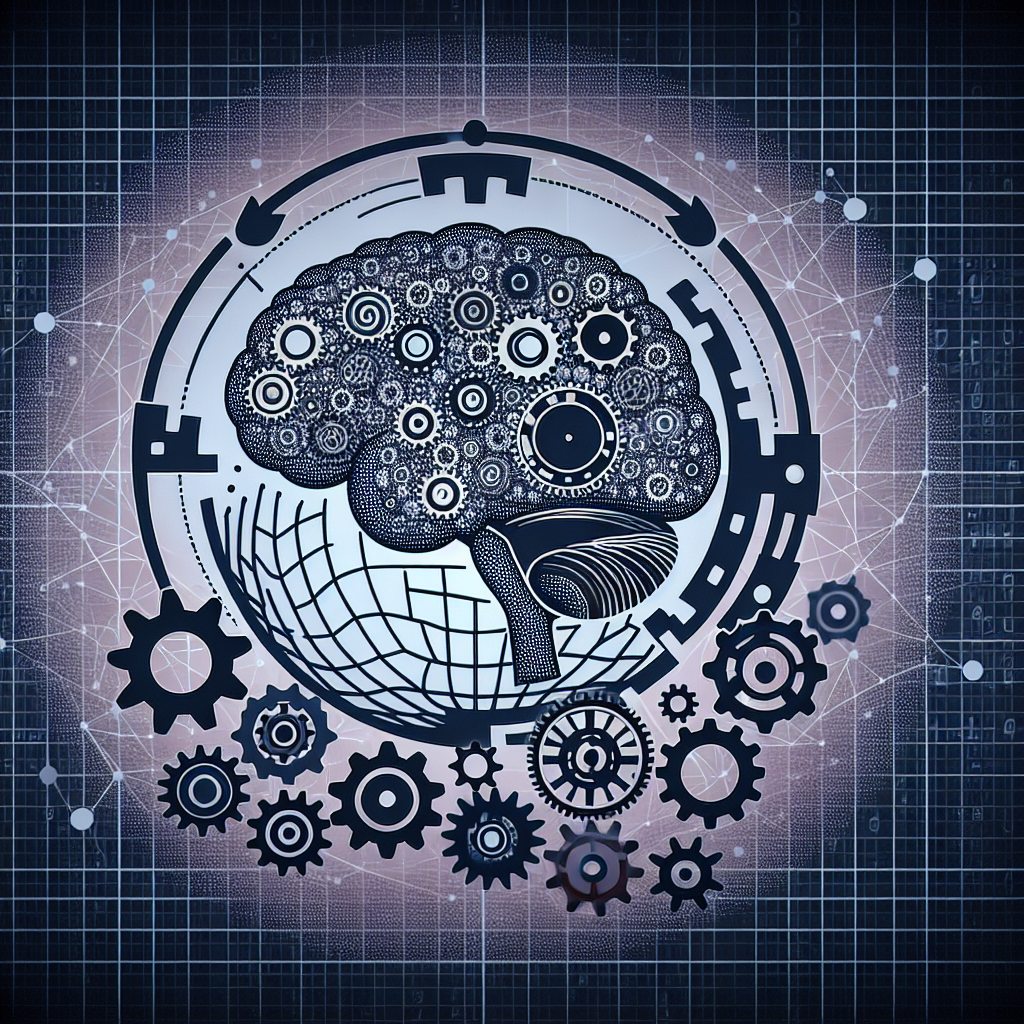Artificial General Intelligence (AGI) is a term used to describe a type of artificial intelligence that possesses the ability to understand, learn, and apply knowledge in a wide range of tasks. Unlike narrow AI, which is designed to perform specific tasks, AGI is capable of generalizing its intelligence across multiple domains, much like a human brain.
In today’s world, where complex problems are becoming increasingly prevalent, AGI has the potential to revolutionize the way we approach and solve these challenges. From climate change to healthcare, from cybersecurity to transportation, AGI has the power to unlock new solutions and insights that were previously unimaginable.
In this article, we will explore the key role that AGI can play in solving complex problems in today’s world, as well as address some common questions and concerns surrounding this emerging technology.
The Power of AGI in Solving Complex Problems
One of the key advantages of AGI is its ability to adapt and learn in real-time, making it well-suited to handle complex and dynamic environments. This flexibility allows AGI to tackle a wide range of problems that may require interdisciplinary knowledge and skills.
For example, in the field of healthcare, AGI can be used to analyze vast amounts of medical data to identify patterns and trends that can lead to new treatment options or diagnostic tools. By combining data from genomics, imaging, and electronic health records, AGI can help doctors make more accurate diagnoses and tailor treatment plans to individual patients.
Similarly, in the field of climate change, AGI can be used to model and predict the impact of various interventions and policies on the environment. By crunching massive amounts of data from satellites, sensors, and climate models, AGI can help policymakers make informed decisions about how to mitigate the effects of climate change and adapt to a rapidly changing world.
In the realm of cybersecurity, AGI can be used to detect and respond to cyber threats in real-time, helping organizations stay one step ahead of hackers and cybercriminals. By analyzing network traffic, user behavior, and malware signatures, AGI can identify suspicious activity and take proactive measures to protect sensitive data and systems.
AGI can also revolutionize transportation by optimizing traffic flow, reducing congestion, and improving safety on the roads. By collecting and analyzing data from sensors, cameras, and GPS devices, AGI can predict traffic patterns, recommend alternative routes, and coordinate the movement of vehicles to minimize delays and accidents.
Overall, AGI has the potential to transform the way we approach complex problems in a variety of fields, offering new insights, solutions, and efficiencies that can benefit society as a whole.
Common Questions and Concerns About AGI
Despite its potential benefits, AGI also raises a number of questions and concerns that need to be addressed as the technology continues to develop. Below are some common FAQs about AGI:
Q: Will AGI replace human workers?
A: While AGI has the potential to automate many tasks currently performed by humans, it is unlikely to completely replace human workers. Instead, AGI is more likely to augment human capabilities, freeing up time and resources for more creative and strategic tasks.
Q: Is AGI ethical?
A: The ethical implications of AGI are complex and multifaceted. Issues such as bias, privacy, and accountability need to be carefully considered as AGI is deployed in various domains. Ethical guidelines and regulations can help ensure that AGI is used responsibly and ethically.
Q: Will AGI be able to think for itself?
A: AGI is designed to learn and adapt to new situations, but it is unlikely to develop consciousness or self-awareness in the way that humans do. AGI operates based on algorithms and data, rather than emotions or subjective experiences.
Q: What are the risks of AGI?
A: Like any powerful technology, AGI carries certain risks, such as misuse, security vulnerabilities, and unintended consequences. It is important to develop robust safeguards and protocols to mitigate these risks and ensure that AGI is used safely and responsibly.
Q: How can we ensure that AGI benefits society?
A: To ensure that AGI benefits society as a whole, it is essential to involve a diverse range of stakeholders in the development and deployment of the technology. Transparency, accountability, and inclusivity are key principles that can help guide the responsible use of AGI.
In conclusion, AGI has the potential to revolutionize the way we approach complex problems in today’s world, offering new insights, solutions, and efficiencies that can benefit society as a whole. By addressing common questions and concerns about AGI, we can work towards harnessing the full potential of this transformative technology while safeguarding against potential risks and challenges.

